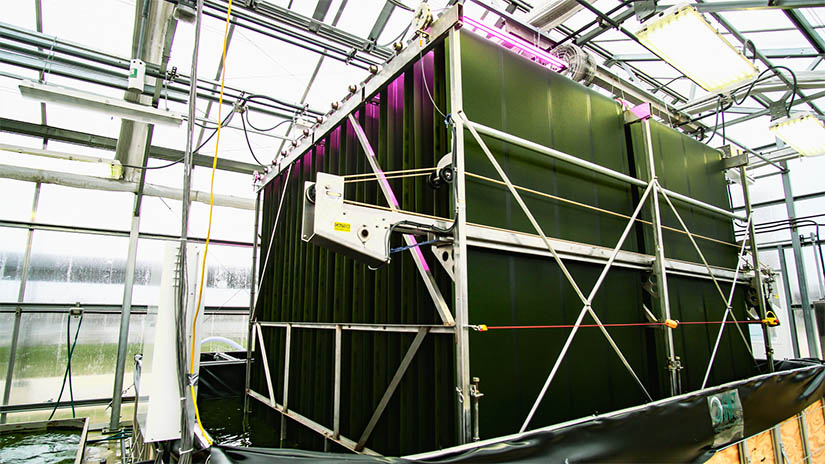NREL Researchers Set Sights on Commercializing Biotechnologies with Industry Partners
Researchers at the National Renewable Energy Laboratory (NREL) are set to launch four bioenergy projects with industry partners that have the potential to accelerate the commercialization of novel bio-based products and technologies.

This comes after the U.S. Department of Energy (DOE) announced funding from its Technology Commercialization Fund (TCF) to solve today’s energy technology issues—a $1.3 million slice of more than $6.8 million in total TCF funding awarded to 21 NREL projects.
“Our researchers are really excited by the real-world impact made possible by this funding,” said Zia Abdullah, NREL's biomass laboratory program manager. “NREL scientists can apply their expertise and the scientific method to unravel very difficult industrial challenges. This will enable sustainable materials and products to get to the market faster.”
By requiring engagement and funding from both national laboratories and the private sector, the TCF aims to jump-start the development of technologies that have the potential to transform the marketplace. For NREL’s bioenergy researchers, that means collaborating directly with a diverse set of industries—from textile to biochemical companies—to resolve barriers for converting widely available bioresources into environmentally friendly, cost-competitive products.
Here is a rundown of NREL’s four bioenergy projects receiving funding:
- Producing polyurethane without harmful isocyanate precursors, a step toward a range of greener products—from footwear to mattresses and beyond. Using machine learning to map the chemical properties of polyurethane precursors, NREL will provide industry partners—Algix, Patagonia, and Tempur Sealy International—with the ability to formulate non-toxic, bio-based polymers custom-made to meet the performance needs their products.
- Synthesizing hard carbon from biofeedstocks to make anodes for low-cost, energy-dense sodium-ion batteries. Working closely with Ensyn, NREL will produce and characterize biocrude samples to find the best pathways for synthesizing hard carbon, a material critical for commercializing sodium-ion batteries. With a synthesis process in place, researchers will pair their new materials with state-of-the-art cathodes to measure the energy density of full and half cell batteries.
- Improving wastewater treatment with “luxury” algae. In concert with Gross-Wen Technologies and the Metropolitan Water Reclamation District of Greater Chicago, NREL will characterize a variety of algae strains that extract more phosphorous than their growth needs (referred to as luxury uptake) from wastewater. This will enable wastewater treatment plants to maximize their efficiency as they work to meet increasingly strict pollutant discharge limits.
- Converting waste and manure into affordable, sustainable, and high-performance jet fuel. NREL will collaborate with ALD Nanosolutions and Earth Energy Renewables to demonstrate an affordable solution—using an anaerobic fermentation process—for upcycling volatile fatty acids found in wet waste into valuable biofuels that have a carbon footprint 50% lower than conventional jet fuel.
More details about all DOE Office of Energy Efficiency and Renewable Energy TCF projects recently selected for funding are available on DOE’s website.
Learn more about NREL’s bioenergy research.
Last Updated May 28, 2025
